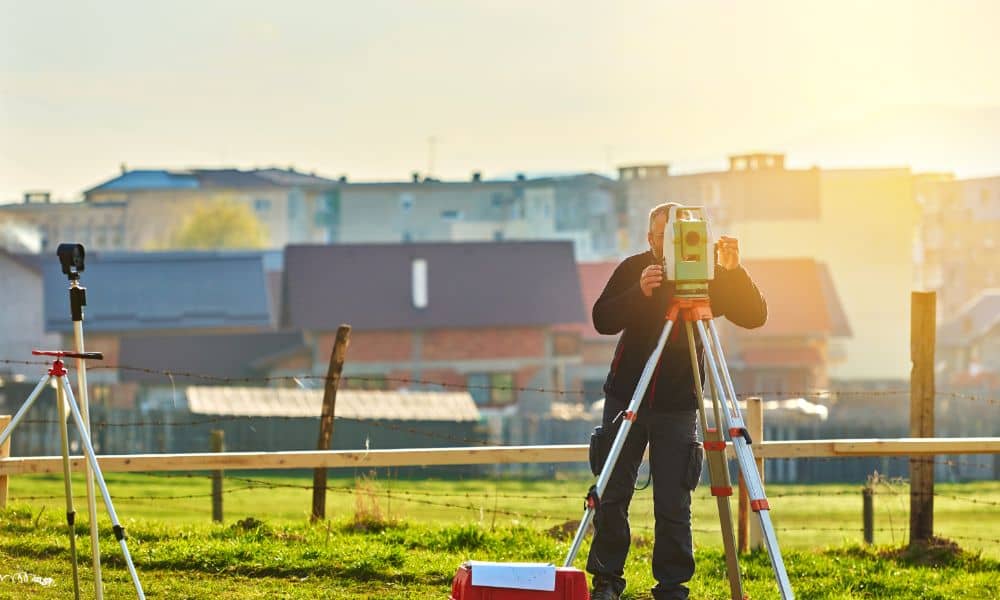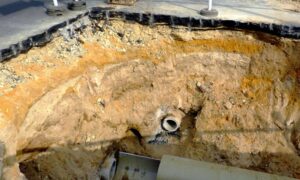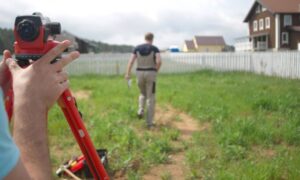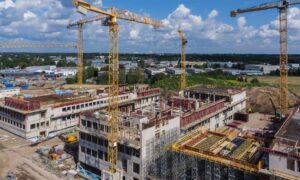
When you buy a piece of land or build your dream home in Georgia, the last thing on your mind is a property line disagreement with your neighbor. But these disputes can—and do—happen more often than you’d think. That’s where a boundary survey becomes your best friend and first line of defense.
A boundary survey clearly defines your property’s legal boundaries. Whether you’re purchasing land, building a fence, or selling a home, this tool can save you from unexpected lawsuits and costly adjustments later. Let’s explore how boundary surveys protect your real estate investment—and why they’re particularly important in Georgia.
What Is a Boundary Survey and Why Is It So Important?
A boundary survey is a detailed drawing created by a licensed land surveyor. It identifies the exact lines that separate your property from your neighbors’—including markers, dimensions, and legal boundaries based on public records and onsite measurements.
Here’s what a boundary survey typically includes:
- Exact property lines and corners
- Physical features like fences, driveways, and buildings
- Easements (areas reserved for utilities, drainage, etc.)
- Encroachments (when a structure crosses over a property line)
Why it matters: Property lines are not always where they “seem” to be. Relying on a fence, a tree line, or an old deed can lead to expensive consequences.
Real-World Example: A Fence Too Far
Let’s say you’re a homeowner in Atlanta building a fence. You skip the boundary survey and rely on your neighbor’s old property sketch. A few months later, you’re hit with a lawsuit claiming you’ve encroached on their land. You could face:
- Legal fees
- Fence removal or relocation costs
- Property devaluation
- Delays in future sales
This scenario is far too common—and easily preventable with a professional boundary survey.
When You Need a Boundary Survey in Georgia
While not always legally required, boundary surveys are strongly recommended in these situations:
- Buying or selling property – Ensure the legal description is accurate.
- Installing fences, walls, or landscaping – Avoid encroachments.
- Building new structures – Know where you can and cannot build.
- Resolving a dispute – Use a survey as objective proof.
- Subdivision or land development – Understand the parcel dimensions.
Whether you’re in Atlanta, Augusta, or rural Georgia, hiring professional land surveying services can make the difference between a smooth project and a costly mistake.
Georgia Laws & Standards on Boundary Surveys
Georgia’s boundary surveys are regulated under state-specific guidelines. According to the Georgia State Board of Registration for Professional Engineers and Land Surveyors, all legal surveys must be performed by a licensed professional with knowledge of state regulations and local zoning ordinances.
You can read the official rules and regulations on the Georgia Secretary of State website.
What to Expect from the Boundary Survey Process
Here’s a simplified look at how it works:
Step 1: Hire a Licensed Land Surveyor
Choose a professional licensed in Georgia. They’ll research the property’s deed, plat maps, and public records.
Step 2: Fieldwork and Measurement
The surveyor visits the site with specialized tools (like GPS, total stations, and boundary markers) to physically measure the property.
Step 3: Final Survey Report
You receive a detailed plat showing boundary lines, improvements, and encroachments—often used in closing documents or permit applications.
Top Benefits of Getting a Boundary Survey
✅ Avoid Legal Disputes – Documented proof of your property lines.
✅ Speed Up Closings – Smooth transactions with no surprises.
✅ Peace of Mind – Confidence in your property’s footprint.
✅ Better Land Use Planning – Build, subdivide, or improve with clarity.
👉 Learn more about ALTA/NSPS Land Title Surveys if you’re buying commercial property in Georgia.
Conclusion: A Smart Step for Peace of Mind
A boundary survey may seem like a small detail in the grand scheme of real estate, but it’s one of the most powerful tools for protecting your investment. Whether you’re building, buying, or selling in Georgia, it helps you steer clear of legal headaches and ensures every square foot is truly yours.
FAQs About Boundary Surveys in Georgia
1. Is a boundary survey required to sell a house in Georgia?
No, but it’s strongly recommended. It protects both the buyer and seller from future disputes.
2. How much does a boundary survey cost in Georgia?
It typically ranges from $400 to $1,000, depending on property size, location, and terrain.
3. How long does a survey take to complete?
Most residential surveys take 1–2 weeks, depending on weather and availability.
4. Can I use an old boundary survey?
Old surveys can be outdated. Property changes and local regulations may have shifted. It’s best to get a current survey.
5. What if my neighbor disputes the survey?
The licensed surveyor’s documentation can be used in court. You may need mediation or legal support to resolve the conflict.
6. Who pays for a boundary survey—the buyer or seller?
It varies by agreement, but typically the buyer pays. In contested cases, the party requesting the survey usually covers the cost.





